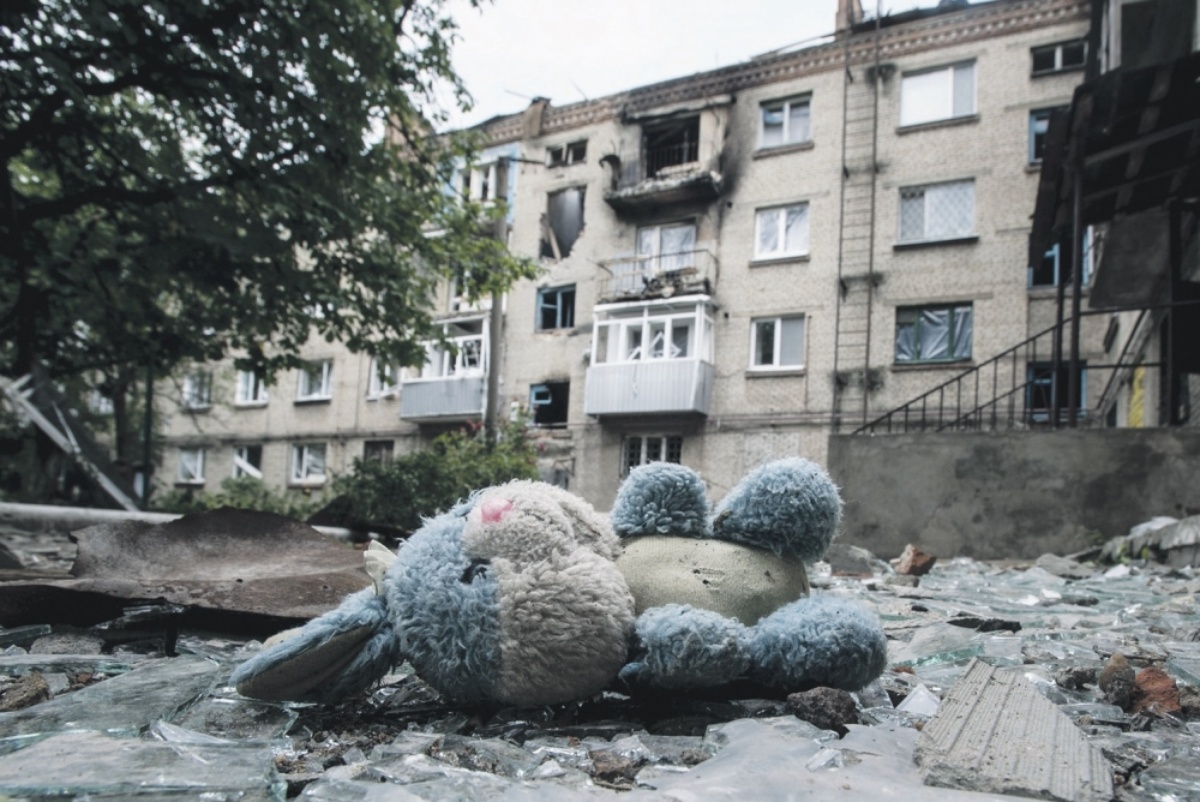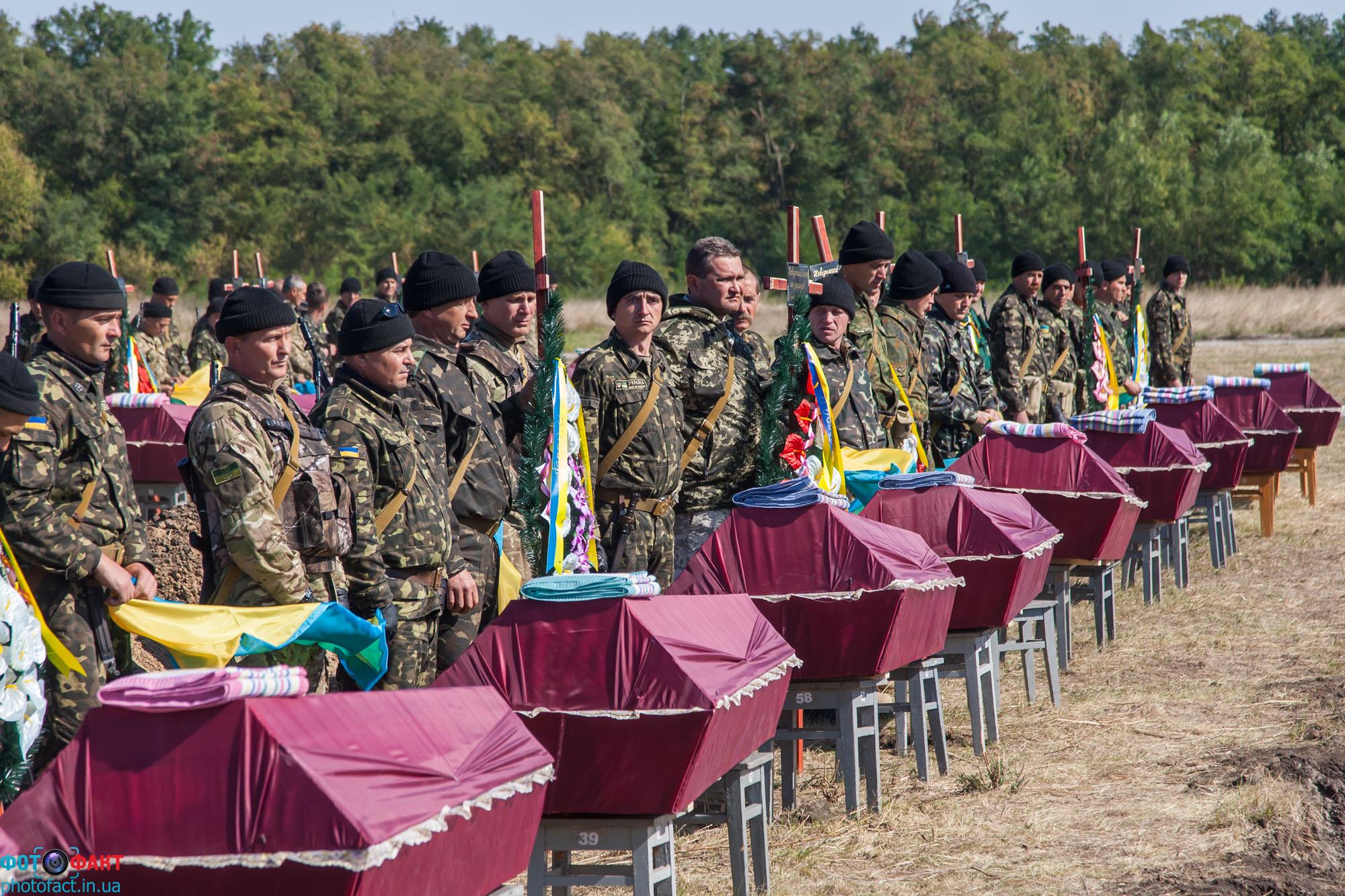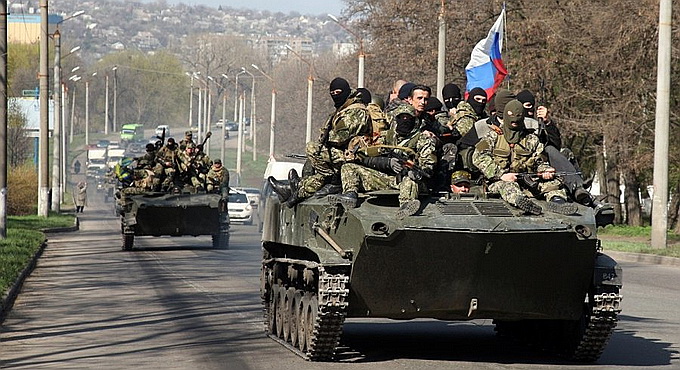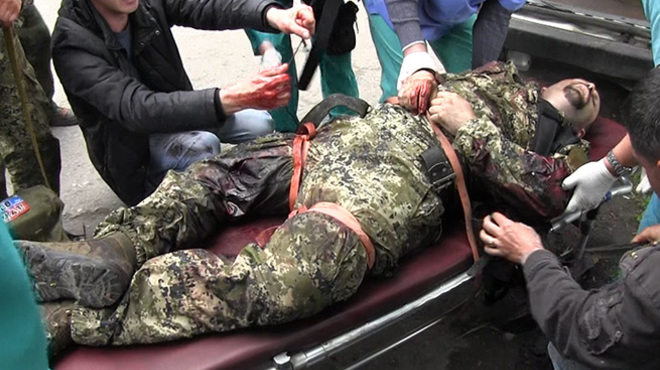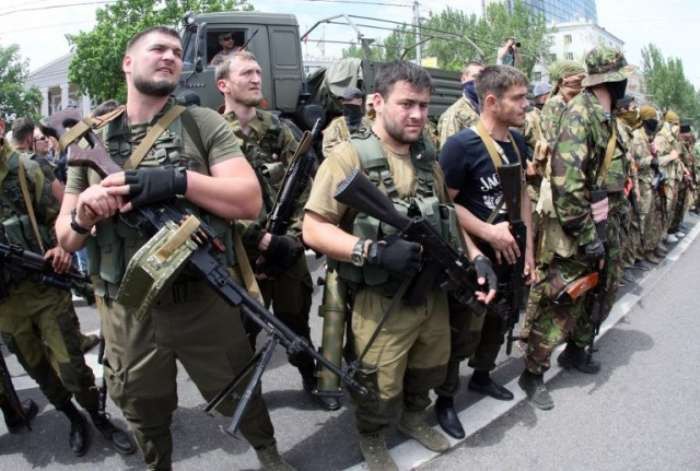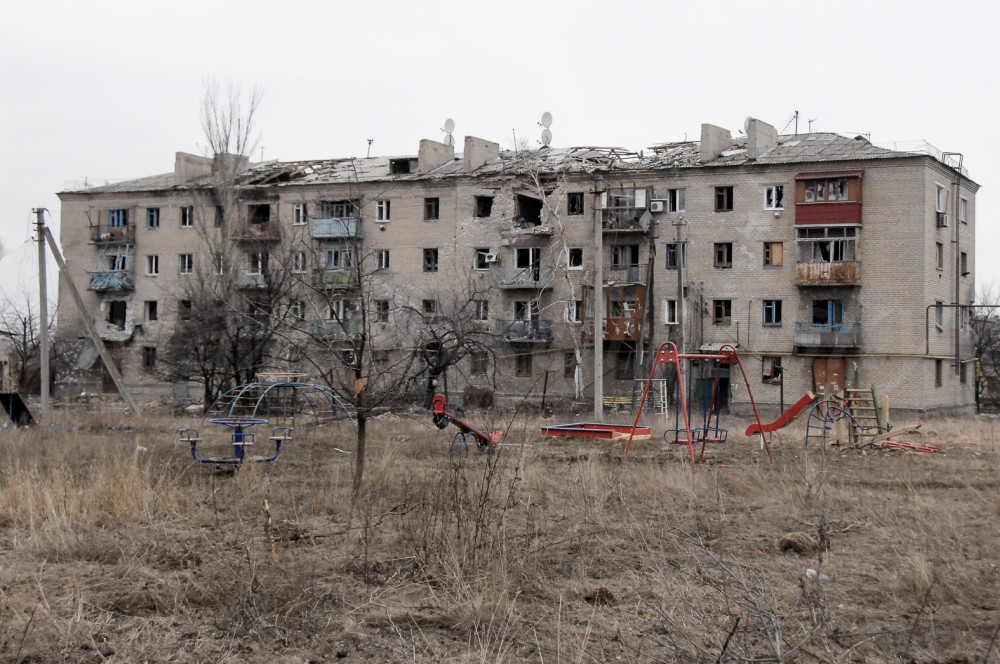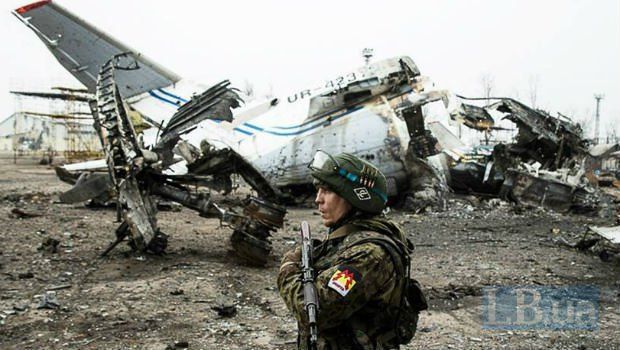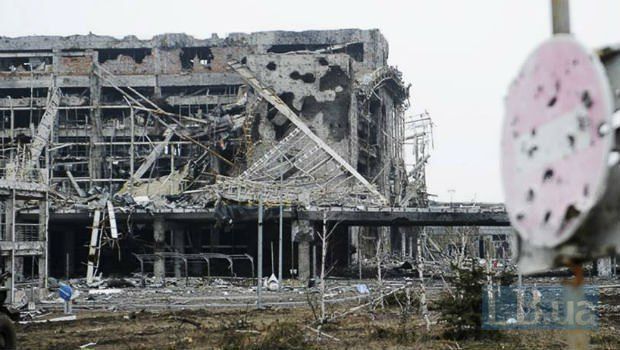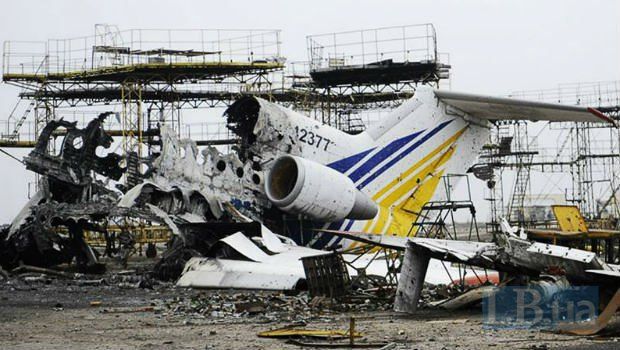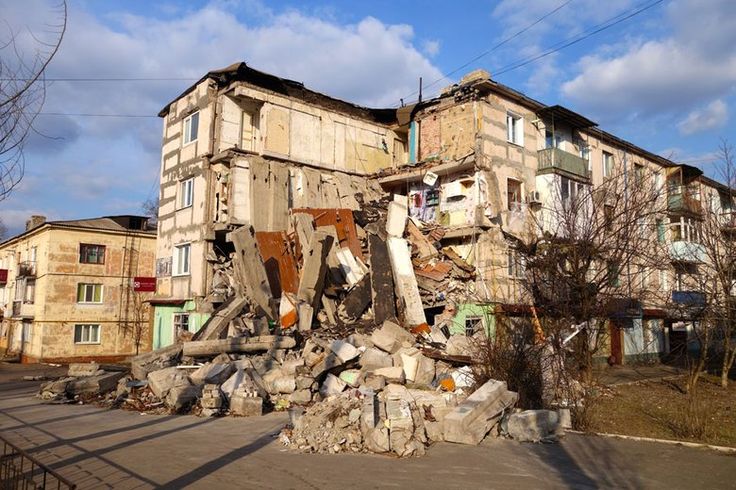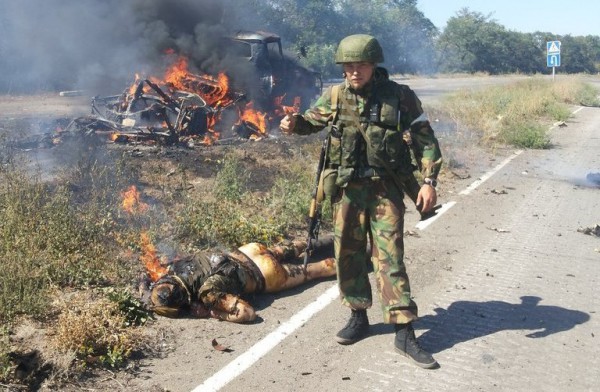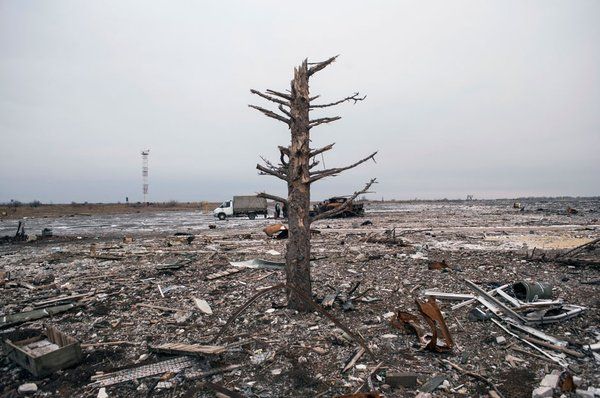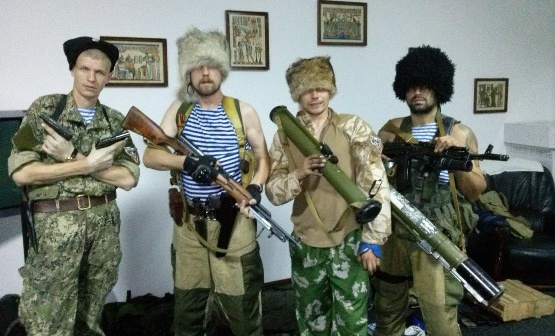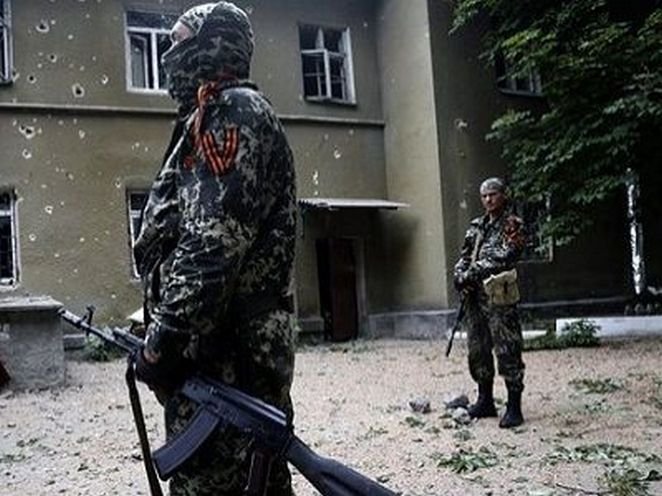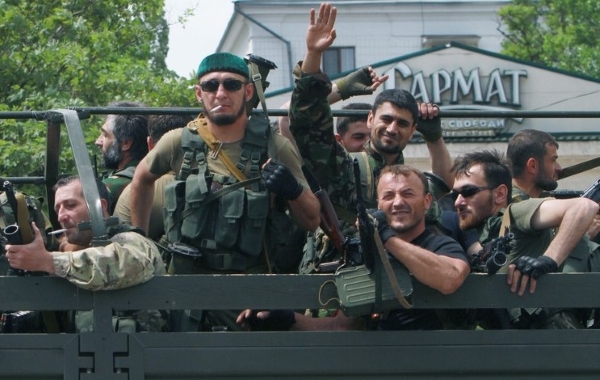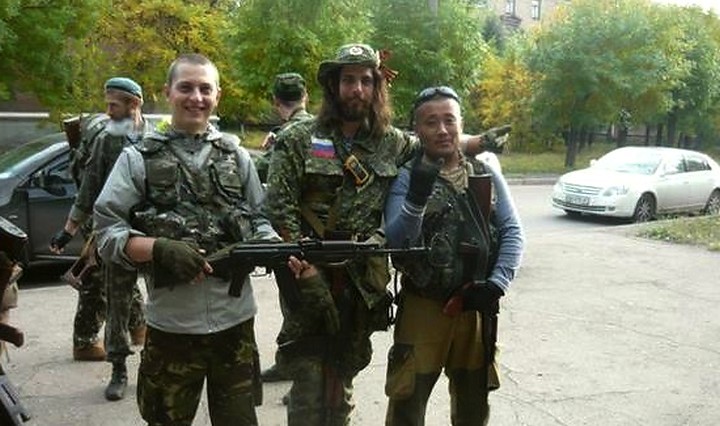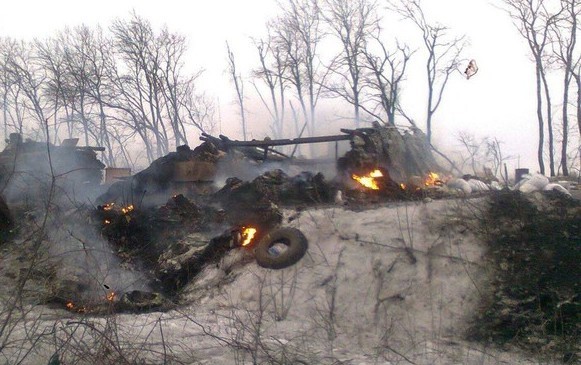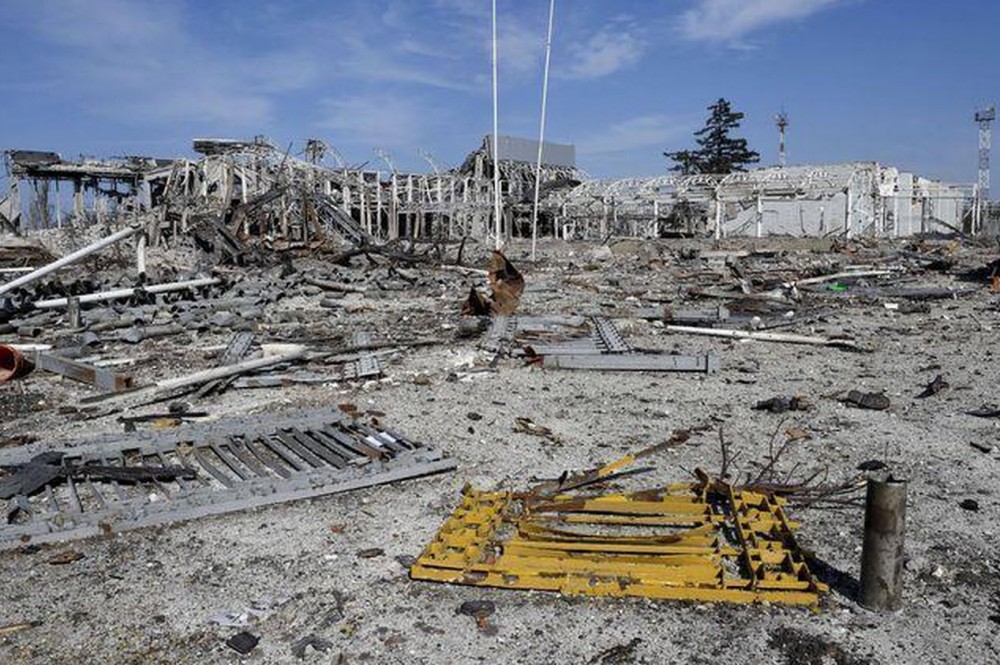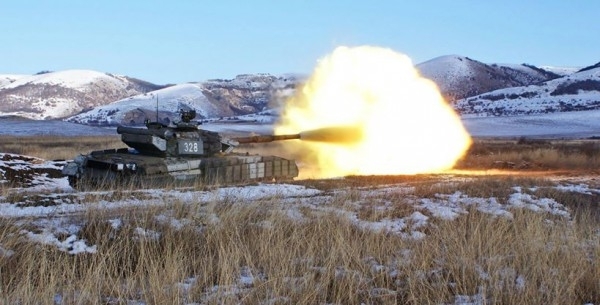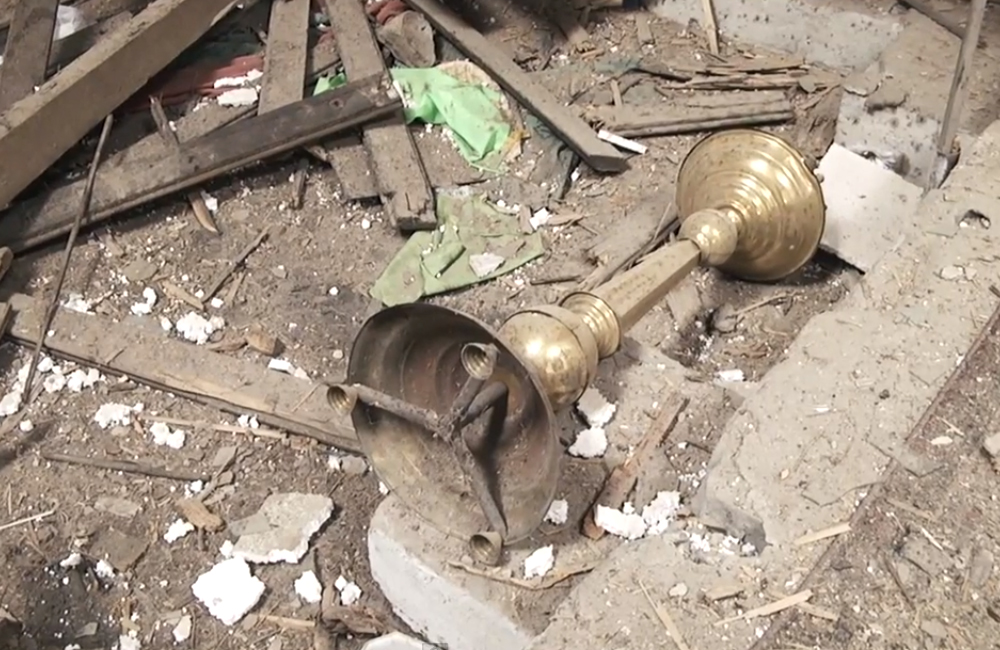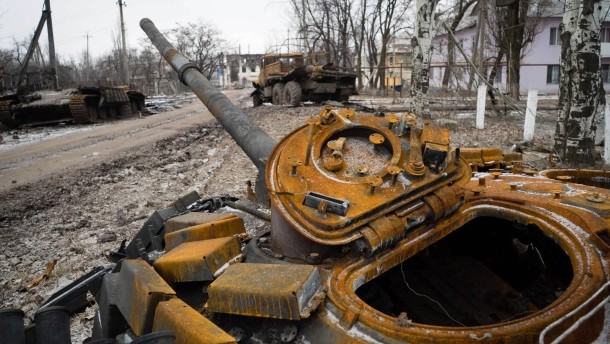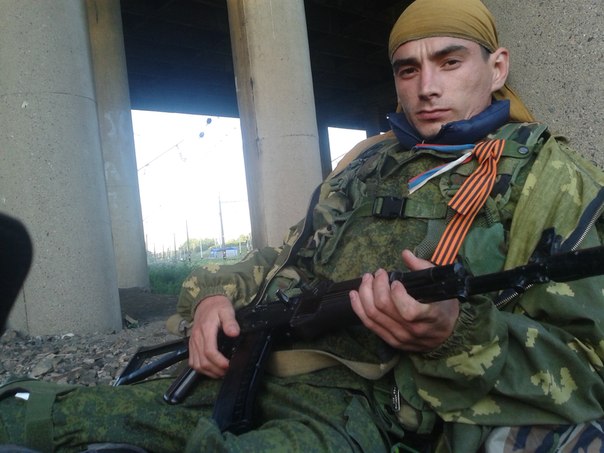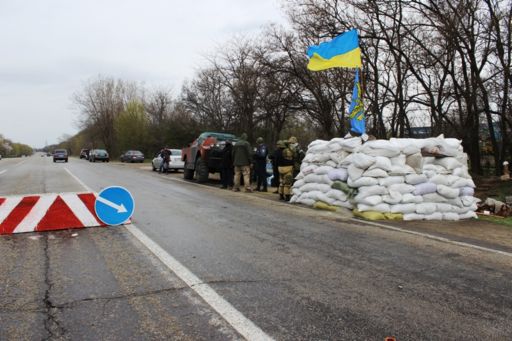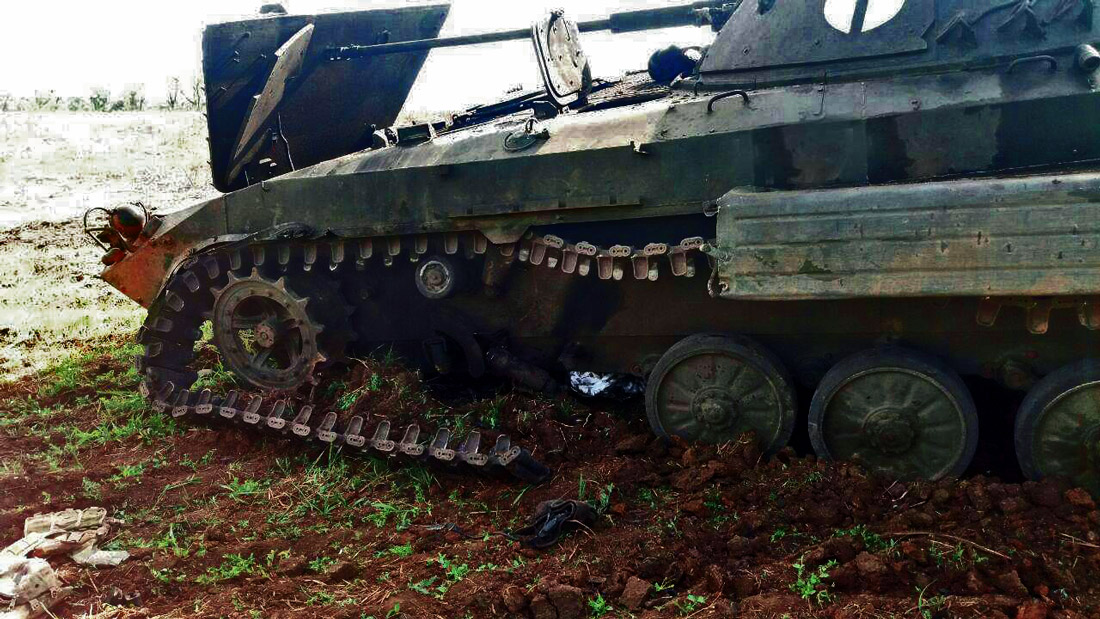The Minsk Accords are the diplomatic equivalent of Vladimir Putin’s “little green men,” Andrey Illarionov says. Like the latter, these pieces of paper have as their goal the destruction of Ukraine; and they are even more effective because they enjoy the support not only of the leaders of Western countries but of the Ukrainian government itself.
In the course of a long interview published by Liga.net, the Russian opposition commentator argues that Putin’s diplomacy around the Minsk Accords is the continuation of his war against Ukraine by other means.
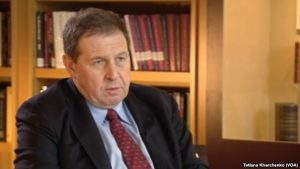
Russia lacks the resources to launch a full-scale attack on Ukraine, Illarionov says, but that does not mean that it will not continue its aggression against Ukraine. It isn’t just that the Kremlin now has to fight on two fronts. “There are simply no forces. At present. The current Russian army cannot conquer Ukraine.”
But Putin’s goal remains unchanged – blocking Ukraine’s move away from Moscow towards Europe, and “besides open war, there are many methods of achieving it: in particular, besides little green men, there are little green papers,” in this case the Minsk Accords which help Putin toward his goal.
Putin’s goal, everyone must remember, Illarionov says, “is not the raising of Russian flags in Kyiv and the declaration of [Ukraine] as the territory of the Russian Federation but only the establishment of control over the Ukrainian state and its political elite by means of its own people in Kyiv offices.”
“The Minsk Accords are one of the most effective instruments for the achievement of Putin’s goal,” Illarionov continues, since under them are the signatures of senior Ukrainian officials, and also on the side of Putin are such people as Merkel, Hollande, and Obama who also demand the observance and fulfillment of the Minsk agreements.”
The existence of these accords has obscured for some the fact that “Putin’s operation to establish control over Ukraine has not been completed and that he has in his hands all the cards. More than that, people from the Ukrainian side are actively helping him by agreeing to fulfill the Minsk Accords.”
Indeed, it appears some in Ukraine appear to have forgotten that Russia has invaded them and thus have forgotten what is required when one is dealing with enemies as well as allies. During a war, “one must not give amnesty to terrorists, but under ‘the Minsk peace’ please do;” during a war, “one must not change a constitution on the demand of the aggressor, but under ‘the Minsk peace,’ do so as much as you like.”
Asked if he was calling on Ukraine to “openly fight with the Russian Federation,” Illarionov replies by asking “would you prefer to gradually lose part of your territory by the path of ‘the Minsk peace?’” And can Ukrainians long tolerate a situation in which some of their leaders have not gotten rid of their investments in the land of the invaders?
The Turkish government wasn’t afraid to shoot down a Russian warplane that violated Türkiye’s airspace, he observes. But again was challenged by his interviewer who suggested that “NATO stands behind Erdogan, but there is no one behind Ukraine,” Illarionov says that Ukraine could in any case only count on itself but that that didn’t change the calculus.
Those in Kyiv who think there exists “an anti-Putin coalition” in Europe are deluding themselves. “Who is in it?” Illarionov asks rhetorically. “Holland who just returned from Moscow? Or Merkel who criticized [Kyiv] for turning off the electricity to [Russian occupied] Crimea?”


